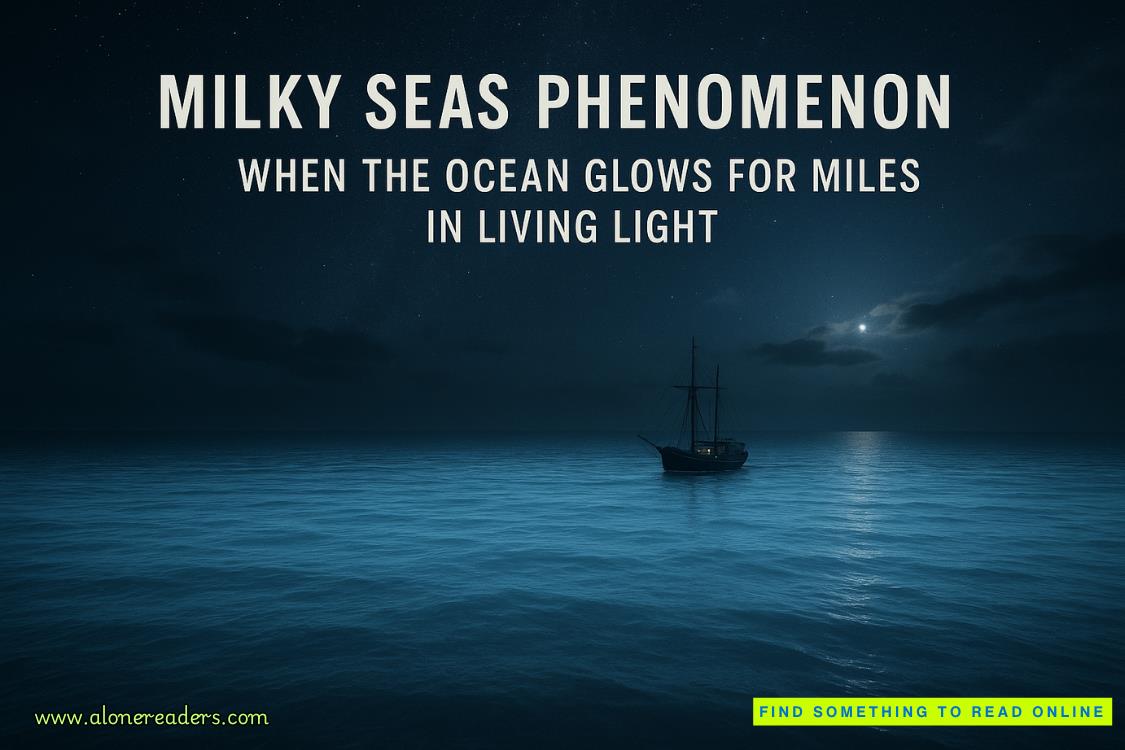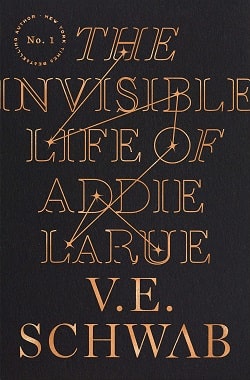In postwar Paris, everyone had their secrets.
Will and I had learned to be just two more shadows in a city still trying to forget its occupation, a city where small gestures carried enormous weight.
Crossing the boulevard, I listened for footsteps or whispers that might indicate I’d been noticed. The city’s hum was layered, voices fading in and out, the clink of glasses, the swish of fabric from people brushing past.
At each storefront window I passed, I pretended to examine a hat or coat or piece of jewelry. In truth, I was scanning the reflection for any signs that I was being followed. It was an old habit ingrained in us at Camp X, the training facility Will and I attended while we were studying at Harvard. Back then, we’d laughed at the games we played. Our instructors had been so series, so intense. We’d been so carefree.
After harrowing missions behind enemy lines, the lifetime of knowledge our teachers had tried to impart served a singular purpose: to keep us alive.
Thankfully, and no thanks to my constant use of SDRs,2 there was nothing out of the ordinary. It was just me in a dark coat, my fedora pulled low, blending into the last traces of the evening’sfading light. Turns down two of Napoleon’s perfectly designed streets brought me to my destination.
The park containing our American dead drop lay ahead, its iron gate showing rust around the edges. This pocket of green was a refuge for students and artists—a place many visited to read beneath the trees, watch couples stroll hand in hand, or stroke memories onto canvas or paper. For the briefest moment, I allowed myself to drift into a world where two men could walk together in public without drawing stares.
Dreams were only real while one slept.
I blinked away visions of Will and me, returning to the task at hand. The park was a familiar landmark. Its pathways and benches were part of a web of safe spaces and hidden channels.
It was the perfect place for a dead drop.
The gate gave an eerie creak when I swung it closed.
The park was empty, a rarity. The earlier rain had left puddles in the gravel, their murky reflections blurring as I passed. I took a long, deliberate route about the perimeter, pretending to admire flowers that lined pathways, checking for anyone who might have lingered too long near the benches.
Trees cast long shapes across the gravel path.
The flutter of leaves echoed louder than it should in the quiet of the evening.
I slowed as I approached a sycamore near the back wall of the green space. The aged tree was one of many, less colorful than most, with thinning leaves and scraggly branches. Anyone seeking the peace and beauty of nature might pass by it without a second glance. Others were far more colorful and majestic.
The wall, an ancient collection of stones that had somehow remained perfectly stacked without mortar through times of both peace and war, appeared solid and whole.
And yet, if one knew where to look—just under the trailing ivy, between two old stones—one stone could be pried free.
I crouched, my fingers brushing over the rough rock as if adjusting my shoe. My hand slipped into the crevice, and I felt the edge of curled paper beneath my fingertips. In one smooth motion, I slid the note into my coat pocket and rose, my gaze trailing over the edges of the park one last time.
A figure stood near the opposite gate, half lit by a streetlamp.
My heartbeat quickened.
The man—he appeared to be a man—was staring down at his watch, looking entirely ordinary, but something about his posture seemed practiced,toocasual.
I noted details: a dark fedora, a charcoal coat, and a thin shadow across his jaw I thought might be a scar.
Every one of my senses screamed.
I was suddenly glad Will wasn’t here. Our tradecraft dictated we service dead drops alone. Two men raised suspicion. If this man was more than a casual passerby, I was grateful Will remained safe behind the anonymity—and locked door—of our flat.
Forcing myself to take another turn about the park, I slipped back through the gate. My easy steps belied the tension buzzing beneath my skin. My footsteps echoed softly against the cobbles as I wound my way through streets where I wouldn’t easily be followed.
I took extra turns, ducking through a covered passage, then circling back toward the street in a pattern that Will and I had practiced hundreds of times. As I passed a vendor’s cart, I stopped and bought an apple, checking to see if my scarred companion lingered nearby.
He was nowhere to be seen.
That might’ve unnerved me more than if I’d spotted him holstering a gun. At least, then, I would know—
You’re seeing things that aren’t there, I chided myself, chomping another bite of the sweet fruit.There’s caution and then there’s paranoia. Take a breath.
The streets began to thin out as I approached our flat, a nondescript building that blended in with its neighbors on a quiet, narrow lane. I slipped into the courtyard, closing the heavy iron gate behind me, and climbed the stairs, letting myself in with one last, wary glance down the stairwell. Once inside, I turned the lock and let my weight rest against the inside of the door.















